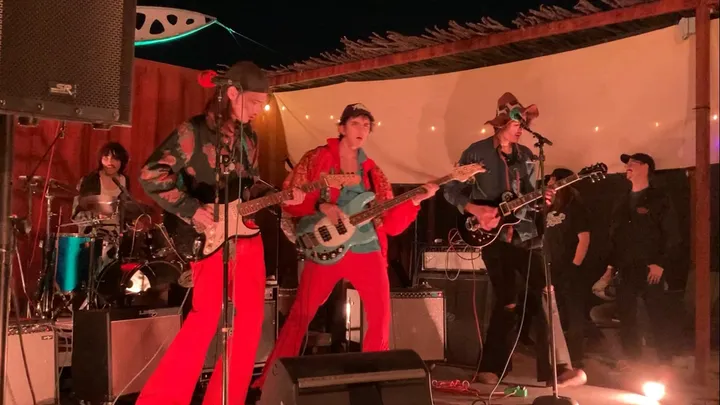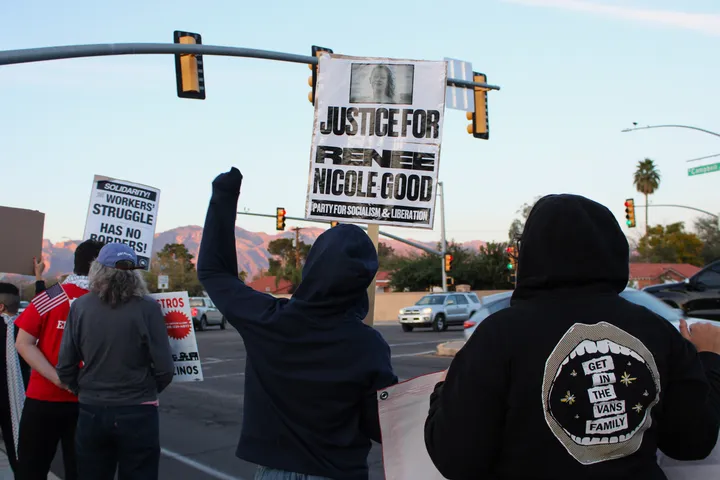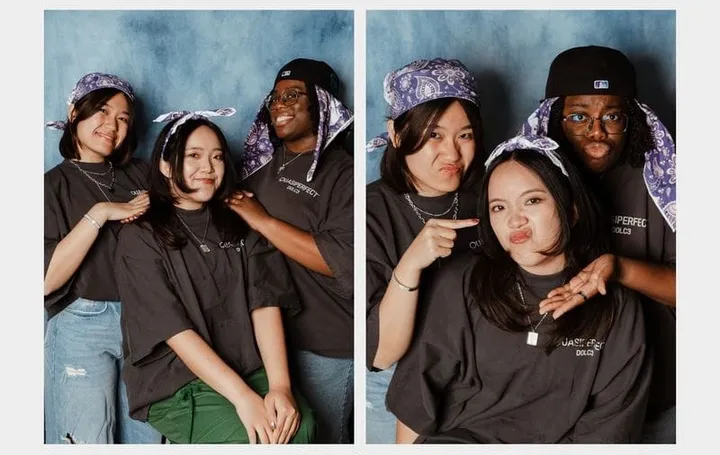Green boot camp helps Arizona businesses cut costs and carbon
Local First Arizona’s Green Business Boot Camp helps small businesses reduce emissions, save money, and strengthen community resilience through practical sustainability training and support.

As Arizona faces intensifying climate and water challenges, one nonprofit is proving that sustainability isn’t just good for the planet — it’s also smart business.
Through its Green Business Boot Camp and certification process, Local First Arizona is helping small businesses slash emissions, cut costs and build community resilience, one practical step at a time.
Local First Arizona was founded 21 years ago on the belief that local ownership is essential. The Green Business Boot Camp started in 2018 as a pilot and quickly proved to be a successful platform for collaboration, education, project planning and savings.
“We’re looking at mitigating inefficiencies here in Arizona,” said Kimber Lanning, founder and CEO of Local First Arizona. “It’s very much rooted in place-based actions, not carbon offsets in some other state.”
Green Business Boot Camp helps small businesses that might not know where to start by giving them the tools they need to stay competitive against big-box stores through workshops, mentorship and financial support.
The seven-week course covers everything from how to reduce water, energy and emissions to fully maximizing tax incentives.
One hotel that participated in the program was able to drastically reduce its energy costs by adding remote controls to all thermostats, allowing hotel staff to turn down the thermostats of guests who might leave the AC blasting while away from the room for hours at a time.
“We want to help small businesses reduce their carbon impacts and save money along the way, so they can be more competitive and drive our economy,” said Lanning.

While in-person sessions aren’t up and running in Tucson just yet, Local First offers virtual sessions, allowing business owners all over the state to participate and network with others.
Several Tucson-based businesses participated in the 2018 pilot — including the Community Food Bank of Southern Arizona, Borderlands Brewing Co., The Gloo Factory, Pop-Cycle and Sonoran Glass School — helping to shape the program for future participants.
"Learning about energy, water, waste and transporation sustainable models and applying them to your business is remarkable," Pop-Cycle co-founder Libby Tobey wrote in a testimonial. "The ability to lessen our biological footprint, become a more circular economy, as well as bringing in more social justice issues to the forefront of our community has never seemed achievable until I took this class."
Many more Tucson businesses have gone through the program since, including the Reid Park Zoo, which recently graduated from the Green Business Certification program. After replacing all of the old water fixtures, the zoo is now saving 680,000 gallons of water each year.
Another Southern Arizona participant, the Pascua Yaqui Development Corporation, is planning a solar project for its youth programs.
Lanning said it’s important to highlight local businesses and organizations that are building the framework for climate resilience and an equitable economy — and to encourage others to follow suit.
“Tucson has a really progressive climate action plan. I would put it up as one of the best in the country,” she said. “If we're going to reach those goals, we all need to link arms and support the businesses that are leading the way.”
Local First Outreach and Resource Manager Moises Gomez works one-on-one with small businesses and says one of the biggest takeaways from the boot camp is the collaboration that comes from the hands-on networking sessions, during which participants realize they’re not alone in facing challenges.
Gomez says the realization helps take away the shame of not knowing how to take the first steps in implementing sustainable practices.
During the boot camp’s final week, participants create presentations pitching the sustainability projects they’ve developed.

Businesses that complete the certification process are given an extra leg up through access to the Green Loan Fund, which offers 3% interest loans to businesses that need capital to reach their goals.
This has been a game-changer for local businesses, Gomez said, as they pay back the loan using savings generated from upgrading wasteful energy and water systems.
“We meet businesses where they’re at,” Gomez said. “Suppose a business doesn’t have a marketing budget. In that case, we help them find savings in their operational costs to fund things like energy upgrades or sustainability measures.”
One of the most important things the program teaches is the “cost of doing nothing,” said Gomez.Many businesses don’t realize inaction often costs more in the long term.
For businesses already using green practices, Local First is the only organization in the state that offers Green Business Certification, which provides companies with access to sustainability experts and recognition as community climate leaders.
“The way people spend their money directly impacts the community they’re building,” said Lanning.
Participants also have the added benefit of being listed in Local First’s statewide Green Business Directory, giving them access to customers seeking green businesses.
“It shows that they’re a triple-bottom-line company, meaning they care about the planet, people and profits, instead of prioritizing profits above the planet and people,” said Lanning.
Small businesses can often be overshadowed by large corporations that receive government subsidies without providing long-term benefits to surrounding communities, but programs like the Green Business Boot Camp and Certification aim to change that.
“We’re not against big corporations, but we want the right kind of companies coming into our communities,” Gomez said. “Companies that can benefit the economy without undermining local businesses.”
Angelina Maynes is a University of Arizona alum and reporter with Tucson Spotlight. Contact her at angelinamaynes@arizona.edu.
Tucson Spotlight is a community-based newsroom that provides paid opportunities for students and rising journalists in Southern Arizona. Please support our work with a paid subscription.



